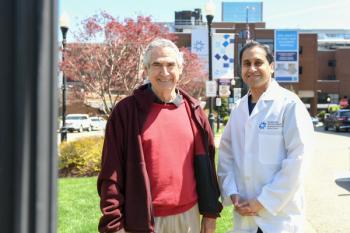
“I treat all of my patients like my friends and family,” said Dr. Ravi Munver of Hackensack University Medical Center, who first met Peter Kahan as his honors physics teacher more than 35 years ago.

“I treat all of my patients like my friends and family,” said Dr. Ravi Munver of Hackensack University Medical Center, who first met Peter Kahan as his honors physics teacher more than 35 years ago.
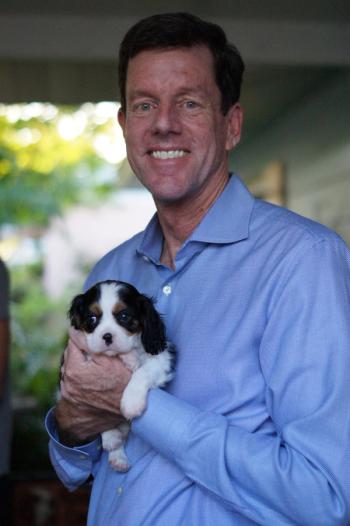
Bill C. Potts, author and five-time cancer survivor, lends his experience and tips about cancer to others in his book, “Up for the Fight.”
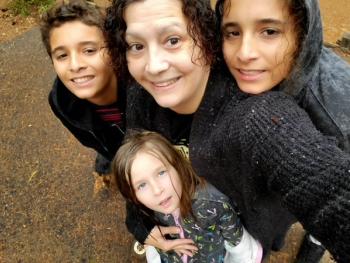
Christina McAmis’ cancer journey began when she found a lump while breastfeeding. The attorney and mother of three tells the “Cancer Horizons” podcast what the last nine years have been like for her and her family.

Darcie Green, executive director of service and advocacy organization Latinas Contra Cancer, tells the CURE® “Cancer Horizon” podcast about how its work has broadened over the last 20 years.
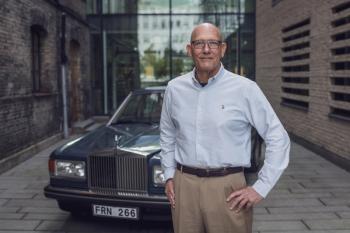
William S. Laird, author of the unflinching memoir “Not Me, Cancer,” speaks with CURE’s “Cancer Horizons” podcast about the decision to share his story and the importance of perseverance.
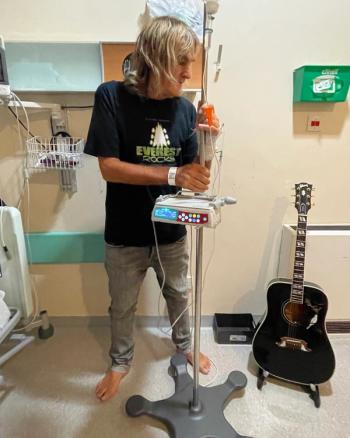
‘Forwards,’ the new album by Mike Peters and the Alarm, was written while he was hospitalized for treatment of chronic lymphocyte leukemia and pneumonia.
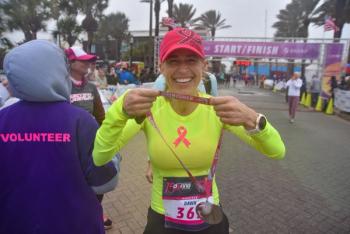
Dr. Dawn Mussallem of the Mayo Clinic tells CURE®’s “Cancer Horizons” podcast about how surviving stage 4 non-Hodgkin’s lymphoma and being a heart transplant recipient helps her connect with her patients.
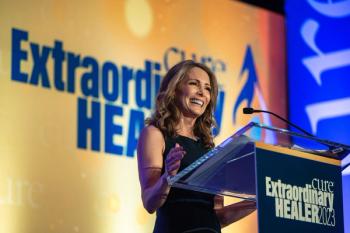
Olympic gymnast, Shannon Miller, sat down with CURE® to discuss her experience with a rare type of ovarian cancer, and how her competitive mindset helped her through.
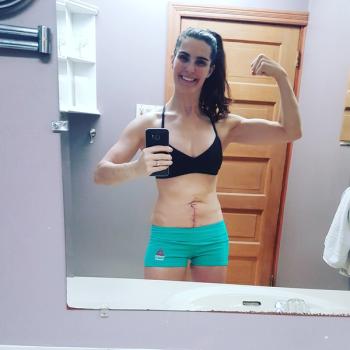
Before being diagnosed with stage 3 ovarian cancer at the age of 34, Jennifer Broxterman was constantly told that she was young and healthy — but the registered dietitian knew that something was off.
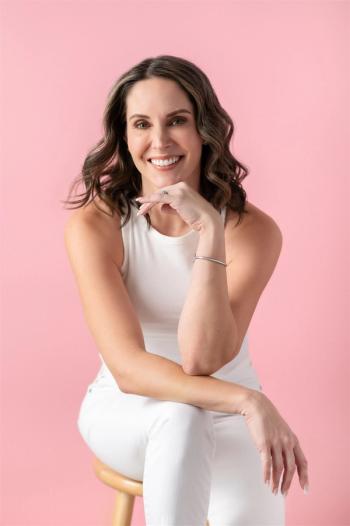
A cervical cancer survivor tells her story of how a MLM company urged her to use her diagnosis to sell more products.
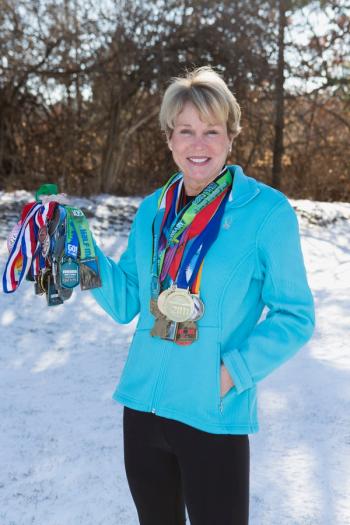
Teri Griege completed an Ironman triathlon in 2009, and less than a month later received a stage 4 colorectal cancer diagnosis. In this episode of Cancer Horizons, she shared her story.
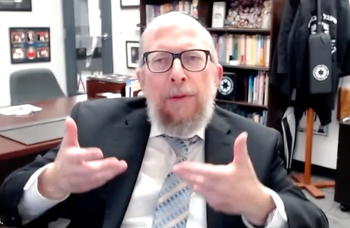
In this episode of the “Cancer Horizons” podcast, “Rabbi G” discusses his global travels to teach breathwork to children with cancer, and gives an exercise listeners can use to decrease their pain and anxiety.
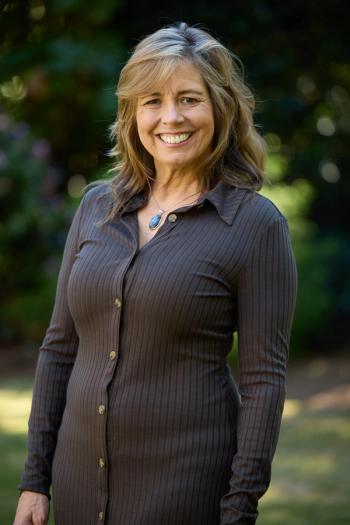
Lung cancer survivor Terri Conneran shares her story of creating a non-profit to help connect with fellow patients and survivors who have the KRAS biomarker.
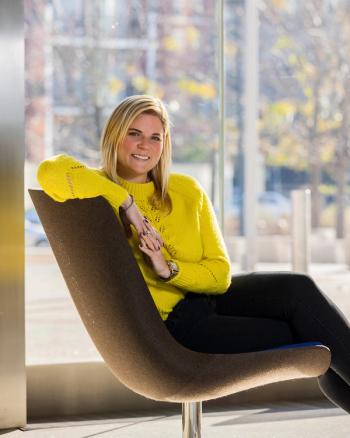
A childhood cancer survivor now works raising funds for Children’s Hospital of Philadelphia, the same hospital where she received treatment for Ewing sarcoma at 12 years old.

When Sean Korbitz was a 20-year-old college student, his life trajectory changed with a rare cancer diagnosis, resulting in the removal of 40 tumors; fifteen years later, a new drug made him feel like a “medical miracle.”
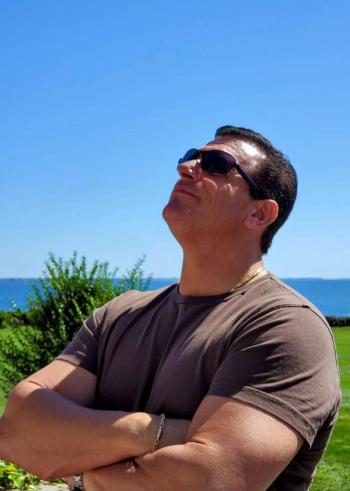
After Marshall Morris was diagnosed with a rare cancer and given only six months to live, he created a charity that empowers people with terminal illness and provides them with counseling and support.
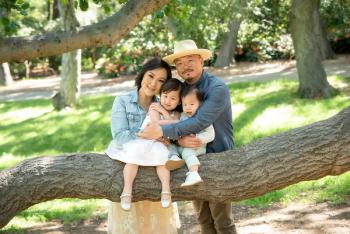
A nurse shares what it was like when her daughter was diagnosed with an aggressive cancer during the beginning of the COVID-19 pandemic.
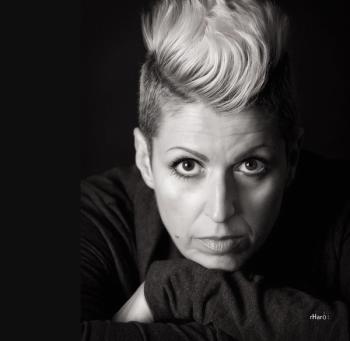
A 17-year survivor shares her experience of getting diagnosed with mesothelioma at 36, when people with this cancer are typically diagnosed at a much older age and given months to live.
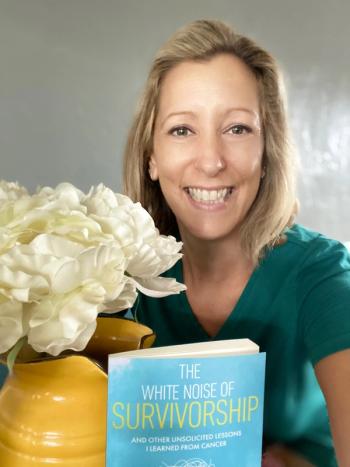
A woman with a rare and aggressive cancer shares how writing about the realities of cancer survivorship improved her mental health and even helped strengthen her relationship with her family.
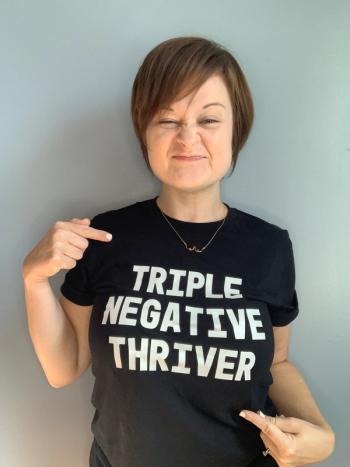
A woman without a family history of breast cancer shares how she went from volunteering at breast cancer walks to one day finding herself in the shoes of someone living with the disease.
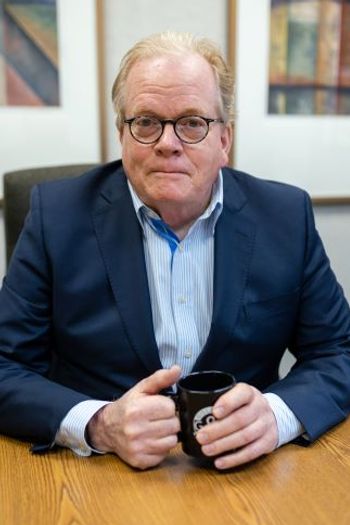
A man shares how reading the footnote of a CT scan looking for heart disease alerted him to a mass in his right lung, leading to an unexpected diagnosis of lung cancer.
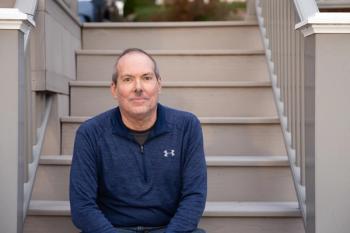
A man with lung cancer shares how learning about his EGFR exon 20 insertion mutation soon after being diagnosed has allowed him to be aggressive when pursuing a cancer treatment tailored to his rare mutation.
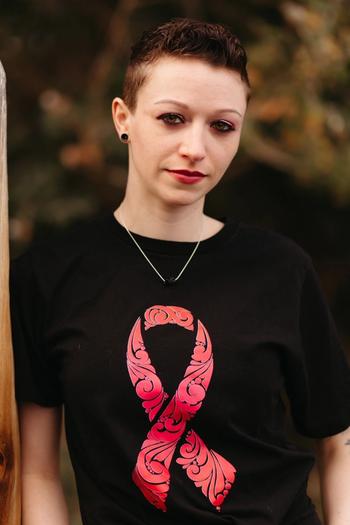
A woman with stage 2 invasive ductal carcinoma — a type of breast cancer that begins in the milk ducts of the breast — shares how her experience as an employee at a breast cancer research facility helped her push against doctors who minimized her ultrasound findings and how her Ki-67 score informed her treatment choices.
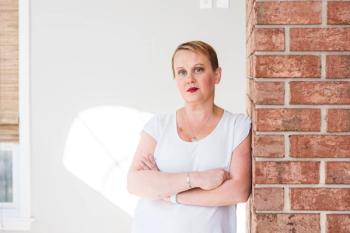
A patient with metastatic breast cancer shares how she learned that her disease was recently reclassified as HER-2 low, and what it was like to first learn about the FDA-approved drug years before she would be prescribed the treatment.

Ten years after being diagnosed with cancer, 11-year-old, 3-time neuroblastoma survivor Micah Bernstein and her father, Jeff, discuss how childhood cancer has changed over the past decade.

Seven years after completing breast cancer treatment, Angelia Carpenter was shocked to discover she had angiosarcoma, a rare cancer that may have been associated with her breast cancer treatment.

In less than a year, Christine Whelchel went from receiving a diagnosis of breast cancer to becoming a trailblazing “Jeopardy!” champion.
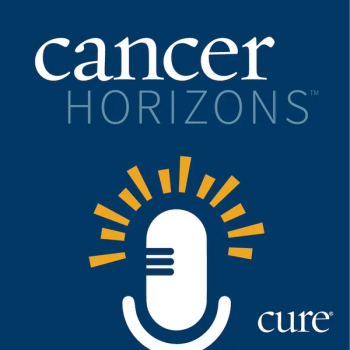
If an oncologist was apprehensive about Steven Edwards getting a second opinion, that might not be the right doctor for him, the kidney cancer survivor said.

Sara Montiel says she experienced severe body image issues after her breast cancer diagnosis and subsequent double mastectomy, but she now recalls how she learned to realize how cancer was a blessing.

In this episode of the “Cancer Horizons” podcast, the founder of Jack’s Caregiver Coalition, a nonprofit organization dedicated to supporting men throughout the caregiving experience, explores the layered sociological factors which can affect men in unique ways when they are supporting a loved one with cancer.